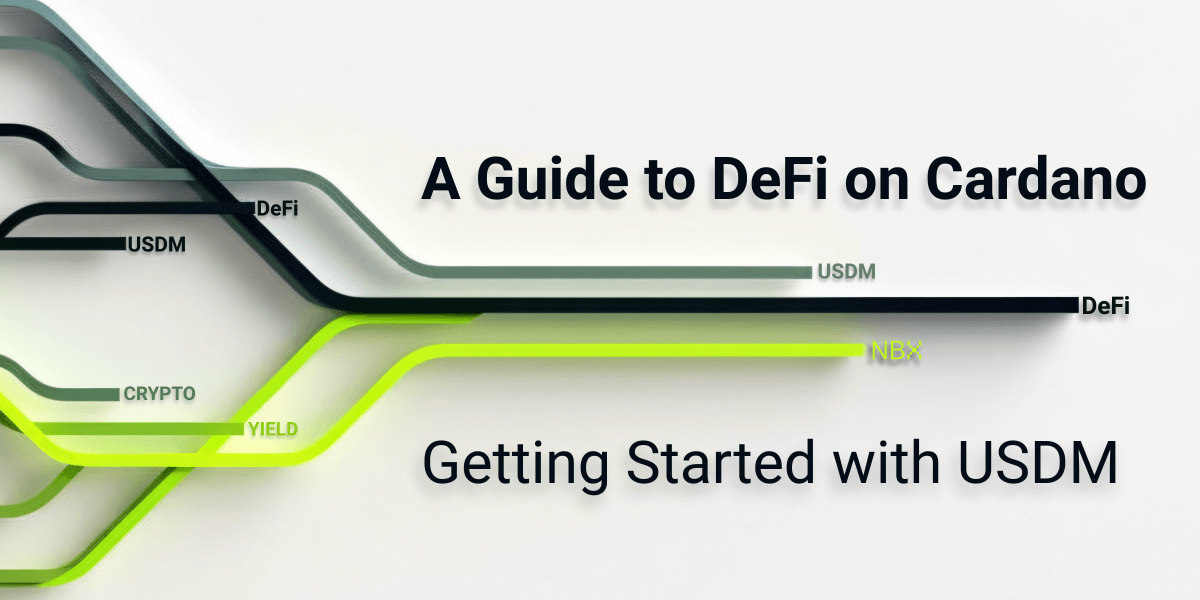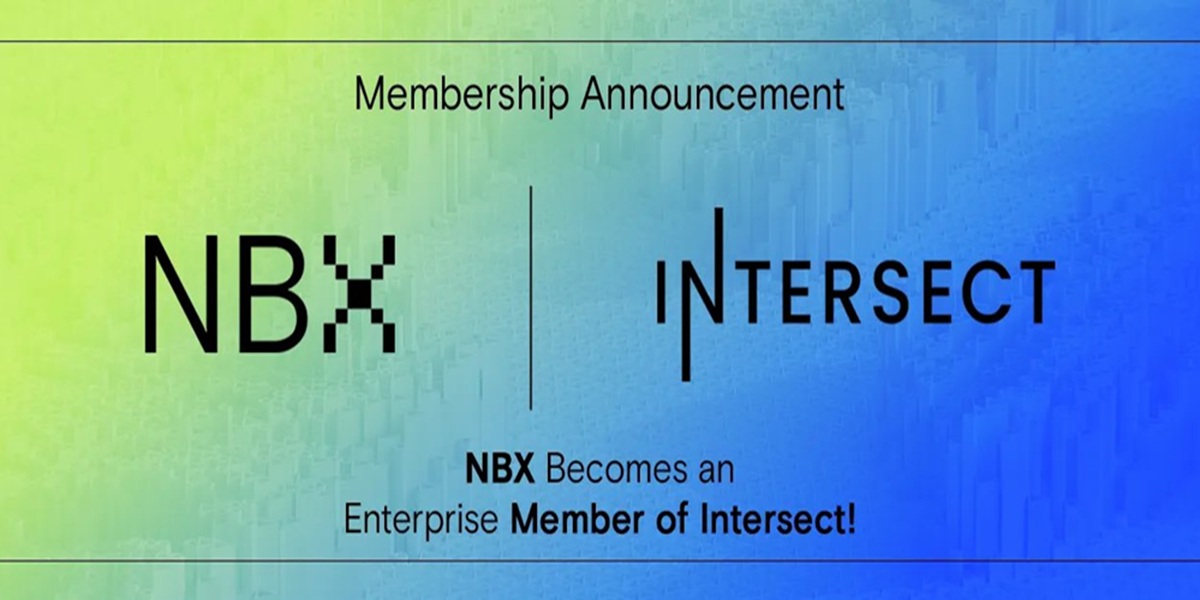Perhaps the most revolutionary feature of the Ethereum network is the introduction of the ERC20 token standard. Though we've already introduced it in our article on Ethereum, here, we'll dig a little deeper into what it is and how it's used.
The ERC20 standard is a set of guidelines to make creating Ethereum-based cryptocurrencies (ERC20 tokens) as easy as possible to create. More specifically, these guidelines tell you how to make a smart contract that holds, tracks, and issues its own dedicated cryptocurrency (called an ERC20 token). Therefore, the ERC20 standard is typically termed a “token standard.”
As discussed in our article on Ethereum, the ERC20 standard includes seven guidelines, all of which come together to make a fully-functioning contract that acts as an autonomous bank for a new cryptocurrency. Think of this contract as a mini-Bitcoin or Ethereum network that requires less code and doesn't need its own blockchain to create a cryptocurrency. Instead, every time a transaction comes through in its native currency, the party involved pays a fee in Ether, which allows the smart contract to be fueled by the Ethereum blockchain. In this sense, you can also think of an ERC20 token and its contract as an Ethereum user, since it's always paying these fees to keep running and keep its own cryptocurrency liquid.
If you're unfamiliar with the term "liquid," just think "easy to transact with."
Because ERC20 contracts are really only a few lines of code that don't need their own, new blockchain, they're one of the primary reasons why so many cryptocurrencies exist today.
As stated above, the ERC20 standard has resulted in the creation of many of the cryptocurrencies that exist today. Additionally, without it, the Ethereum network and its Ether cryptocurrency, wouldn't have as much value as they have today. This is because Ethereum is generally accepted as a platform for blockchain-based applications and services and most of these entities depend on their own ERC20 tokens.
First, not all ERC20 tokens provide value.
Some simply take up space on the cryptocurrency market as well as on the Ethereum network and aren't tied to any service of real value. Because many of these tokens continue to be traded, they contribute to higher fees and slower transaction times on the Ethereum network. While most cryptocurrency insiders agree that this trend will become less prevalent over time, it continues to be an issue for Ethereum's growth. For that reason, its transition to proof-of-stake-based consensus has become even more hotly anticipated.
On top of all of this, ERC20 tokens will forever be tied to the Initial Coin Offering craze of 2017, in which crypto experienced its most powerful bull market to date. During these times, anyone and everyone seemed to be launching an ERC20-based project, looking to make millions as quickly as they could with little to show for it. Following on their heels were investors from all sorts of backgrounds looking to make as much money as they could before the wild times ended. By early 2018, the crypto market had lost the majority of its value and it wasn't until 2019 that things started to pick up considerably again.
While the crypto space has now moved away from this rampant speculation and towards a culture of building needed services, it's important to be aware that some projects from these times still exist and still haven't proven themselves.
In short, no. The ERC20 standard was the first token standard to take hold and still is the most popular standard for creating cryptocurrencies that exist in dedicated smart contracts on their own blockchain (Ethereum). Today, however, several more token standards exist, some of which simply do the same thing for other blockchains, while others, like the ERC777 standard, allow for different use cases like blockchain-based collectibles and art.
The article does not constitute financial advice.


